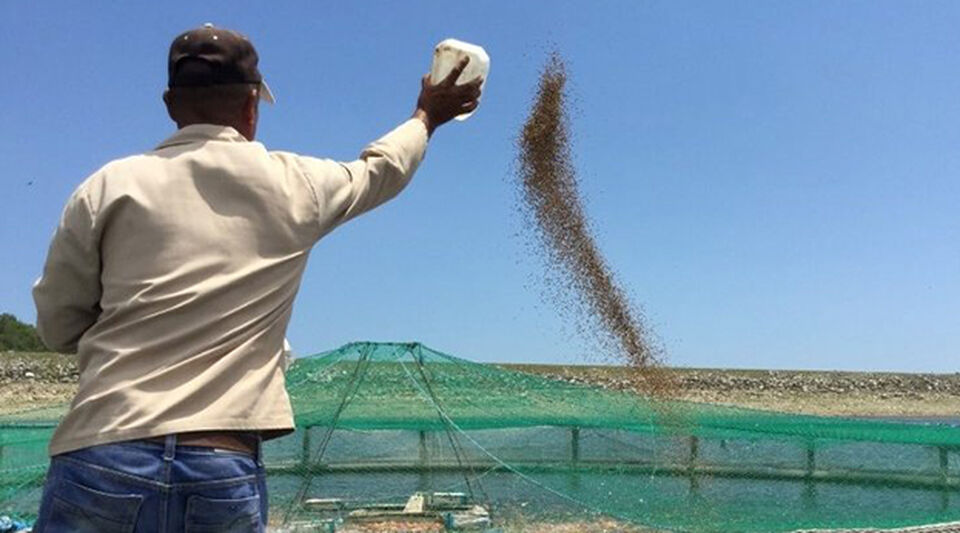Sancti Spíritus fish farmers have only been able to comply with 57% of their production plan for 2022. A lower presence of species, the scarcity of fuel to carry out the extraction work and the lack of maintenance of the dams are some of the difficulties That they face.
Miriam Solano Valle, a specialist in Aquaculture from the Sancti Spíritus Fishing Company, detailed the provincial newspaper Escambray that the production shortfall to date it is 1,694 tons. The fall will affect the preparation of food that uses the mass of fish as raw material and that is distributed in the network of specialized boxes.
Solano Valle indicated that the different ponds, mainly the Zaza dam, have not received maintenance or cleaning in the areas covered with invasive plants since 2017 due to fuel shortages. The same cause hinders the entire food and beverage industry on the Island, and has slowed everything from bread making to meat plants.
Added to the rosary of problems that afflict the sector are the damages in the ice plant and the freezing tunnel, and the delays attributed to excessive rains derived from the passage of Hurricane Ian
As a consequence, the company spokesperson explained, 40% of the extension of Cuba’s largest pond is covered with weeds and marabou, which hinders the fishermen’s maneuvers, since the fish find refuge in the “weeds.”
Added to the rosary of problems that afflict the sector are the damages in the ice plant and the freezing tunnel, and the delays attributed to the excessive rainfall derived from the passage of Hurricane Ian, at the end of last September.
Neither this 2022 has been able to sow in the Fingerlings Station of the municipality of La Sierpe in Spiritu because of the 31.4 million hatchlings that are destined each year for this dam, some 30 million were sent to Zaza, where 87% is obtained. of the province’s catches.
Solano Valle pointed out that the decline in fishing is also due to unprotected exploitation in the intensive cultivation of claria and tilapia, which are then used as raw materials in the production of feed to feed farm animals.
The crisis in the fishing sector in Cuba does not seem to abate nor is there a possibility of recovery in sight. A year ago, in December 2021, the Government recognized that this sensitive sector for Cuban families will not recover the production levels experienced more than three decades ago.
Aquaculture has been part of the lifeline in Cuba because the country does not have because the country cannot fish in international waters, since it does not meet the requirements and has not renewed its old fleets. In addition, the Island does not have truly large rivers that allow adequate freshwater fishing.
________________________
Collaborate with our work:
The team of 14ymedio He is committed to doing serious journalism that reflects the reality of deep Cuba. Thank you for accompanying us on this long road. We invite you to continue supporting us, but this time making you a member of our newspaper. Together we can continue transforming journalism in Cuba.








